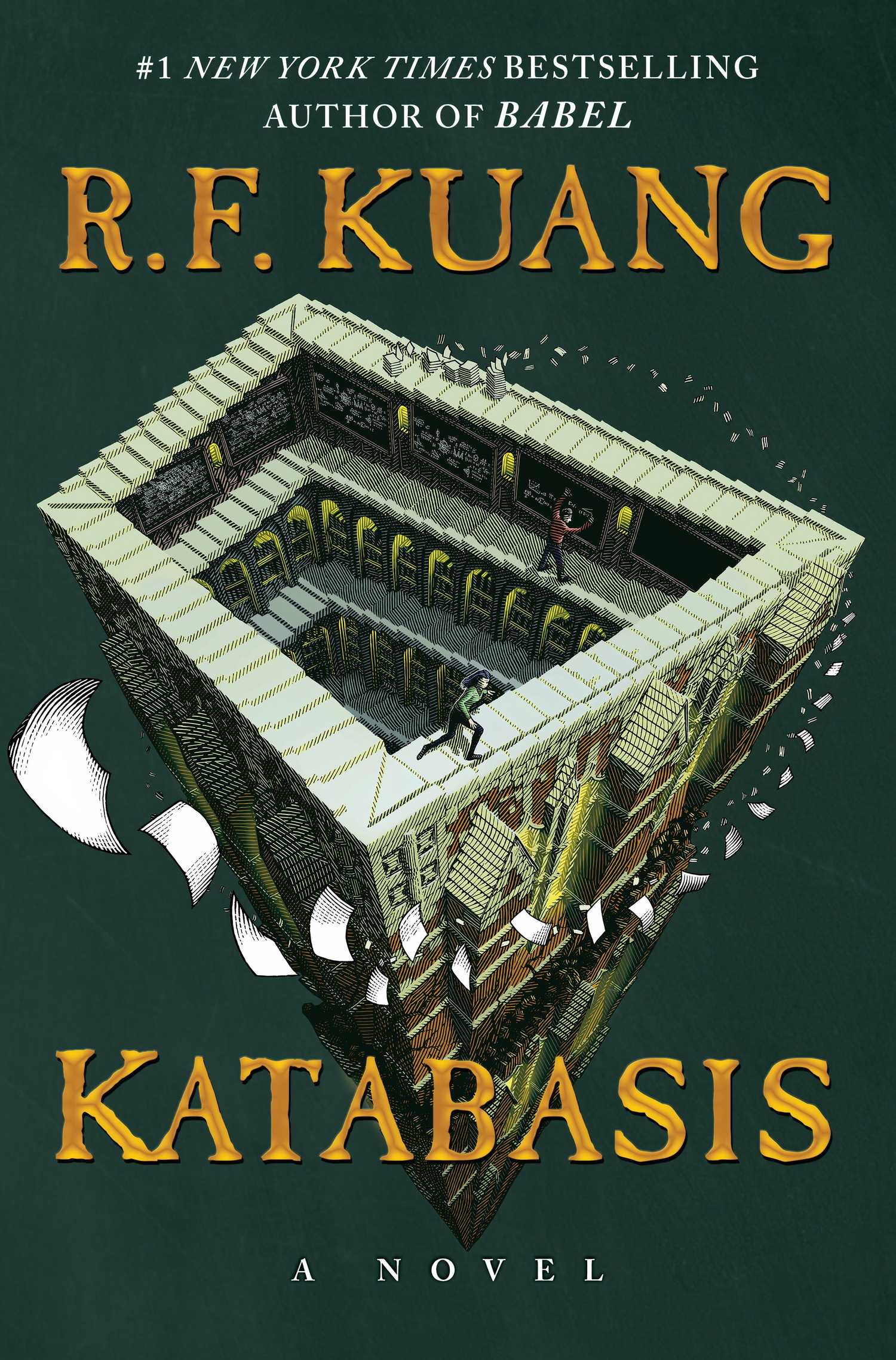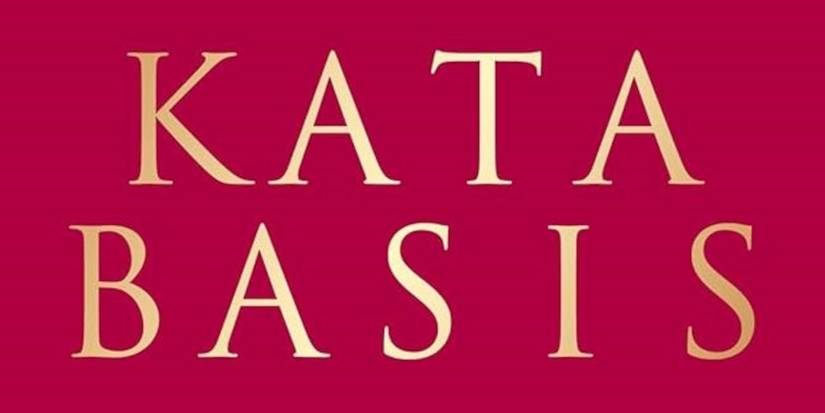“On the primary day of sophistication, when she should have been lecturing undergraduates concerning the risks of utilizing the Cartesian severance spell to revise with out pee breaks, Alice Legislation got down to rescue her advisor’s soul from the Eight Courts of Hell.“
Bestselling creator and Oxbridge darling R. F. Kuang is again with Katabasis, which follows Alice Legislation and Peter Murdoch, two Cambridge PhD college students within the discipline of analytic magick, who develop into sojourners to Hell. Readers usually tend to join with Katabasis in the event that they or somebody they know has been a graduate pupil, however anybody can admire this in-depth and high-stakes descent.
Kuang creates a wealthy city fantasy world, dwelling to a different fictional tutorial discipline based mostly in magic, and incorporates many philosophical tangents throughout the fundamental construction of her narrative. Katabasis demonstrates a real love for educational tradition, whereas revealing the rotten issues there, and deliberating on the tensions between a lifetime of the thoughts and a life effectively lived.
Katabasis Is Babel’s Twisted Twin, Tackling Fashionable Academia
Katabasis and Babel are two sides of the identical coin, every immersed in Oxbridge. Whereas Babel makes use of its Victorian Oxford setting to emphasise prestigious universities’ historic ties to colonialism, Katabasis begins at Cambridge and delves into the toxicity of contemporary academia.
There aren’t sufficient jobs within the college system, so hiring selections are made on a whim, and students who’ve achieved tenure have an excessive amount of energy that they will abuse. Alice is so determined for the advice letter from the preeminent scholar in her discipline that she goes to Hell to get him again, even when he’s an objectively terrible individual.
Kuang, now a Yale PhD candidate, paints a scholarly tragedy, expressing Alice’s true ardour for investigating magical paradoxes, lovingly writing about a number of pupil characters who’re at all times falling down a rabbit gap of mental debate. All the things from the petty sins of Pleasure to Alice’s opinions about campus life and fulfilling analysis displays a textured and correct expertise.
I additionally questioned how a lot of Alice’s fondly referring to the undergraduates as “treasured issues” is reflective of Kuang’s perspective in the direction of her personal college students.
Alice appears to love the instructing, which stands in stark distinction to the abusive mentor of Professor Grimes, an particularly memorable and tangible determine for the way hypocritical and sadly actual he’s. Katabais can be a harsh exposition on psychological well being amongst graduate college students, who don’t have any time for wholesome hobbies or social lives, which, in excessive instances, may end up in suicidal ideation.
Alice and Peter are compelling sufficient autos by means of which to soak up all of it as Katabasis harrowingly recollects many extra related topics — tutorial rivalries and idolization, the humanities not lending itself to capitalism, and the contradictions for ladies in academia — with a lot in the end packed into the ever-changing panorama of Hell.
R. F. Kuang Expertly Picks Up A New Type Of Prose For Katabasis
Completely different mythological and literary sources are fascinatingly woven collectively to create the panorama of Hell, whereas I personally seen some similarities to the methods The Lord of the Rings, The Chronicles of Narnia, and Alice in Wonderland are written (Tolkien, Lewis, and Carroll had been additionally all famously based mostly in Oxbridge at one level or one other).
There is a matter-of-factness to sure third-person statements about this magical actuality, which makes the story all of the extra fantastical. It is comparatively simple to learn and has a pleasant scholarly feeling. Whereas the idea attracts upon Dante’s Inferno and Orpheus and Eurydice, I could not assist however constantly come again to the Alice in Wonderland affect.
The variety of occasions the rabbit gap metaphor is used on this ebook is vexing, as Alice and Peter enterprise right into a realm of insanity, going through completely different philosophical, ethical, and private dilemmas. The story is inherently structured to be a little bit meandering, serving to supply up these many quandaries alongside the best way, however for essentially the most half retains up its pacing.
Along with lofty ideas, there are individuals in Hell. A couple of of the supporting characters, additionally magicians who’ve discovered their technique to the underworld, are particularly robust additions to the narrative. Demise has both given them a brand new (surprisingly vivid) outlook on life or solely additional contributed to a spiral of delight and violence.
Katabasis Totally Commits To Its Decision
Katabasis’ ending is an ethical we have seen earlier than (reminding me of Pixar’s Soul), however all that these characters undergo to get there makes the very fact of Alice’s takeaway profound. Figuring out the tutorial setting that Kuang is coming from, the decision can be a reasonably daring transfer in an expert context.
Essentially the most satisfying moments are Alice daring to play by her personal guidelines; essentially the most pretentious theses from the residents of Hell are utterly subverted, permitting Alice and Peter to work together with the philosophical tangents and mythologies and develop into higher variations of themselves.
Katabasis does have some annoying flaws. Alice and Peter are sadly engaged in about half of a romantic subplot that’s pointless, and Babel positively wins for the higher magic system. However it’s an unparalleled darkish academia story about reconnecting with oneself after trauma and reconciling the completely different sides of a satisfying life.
Katabasis is out now.


